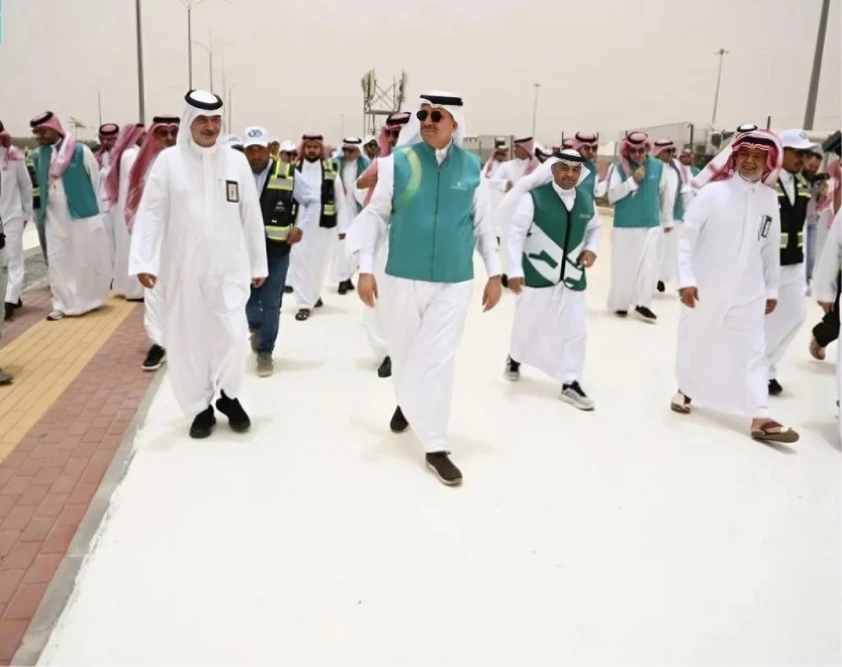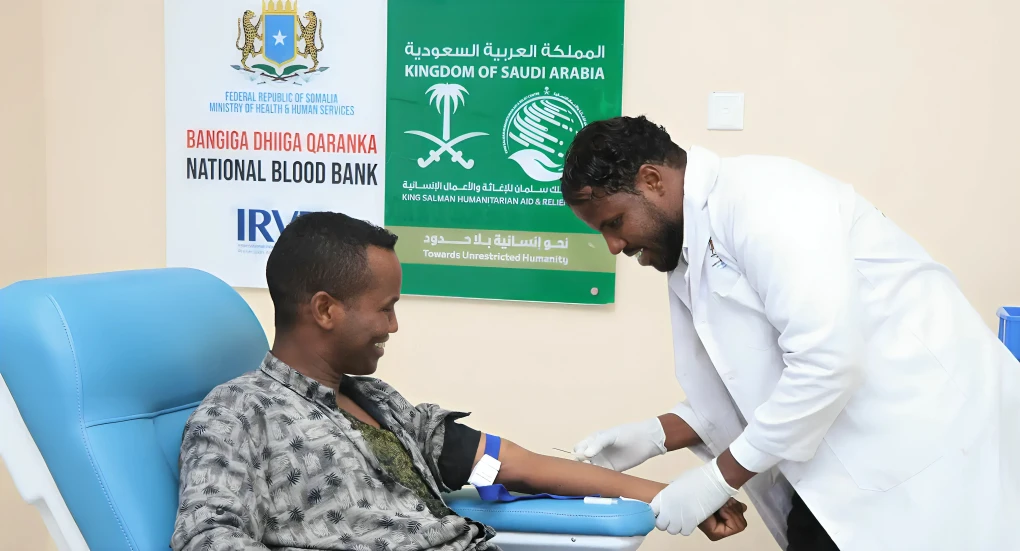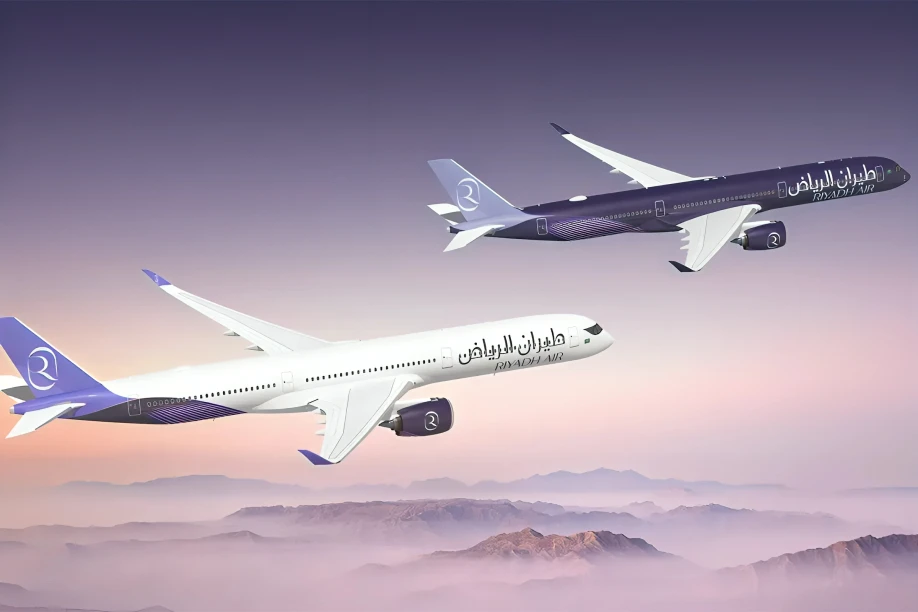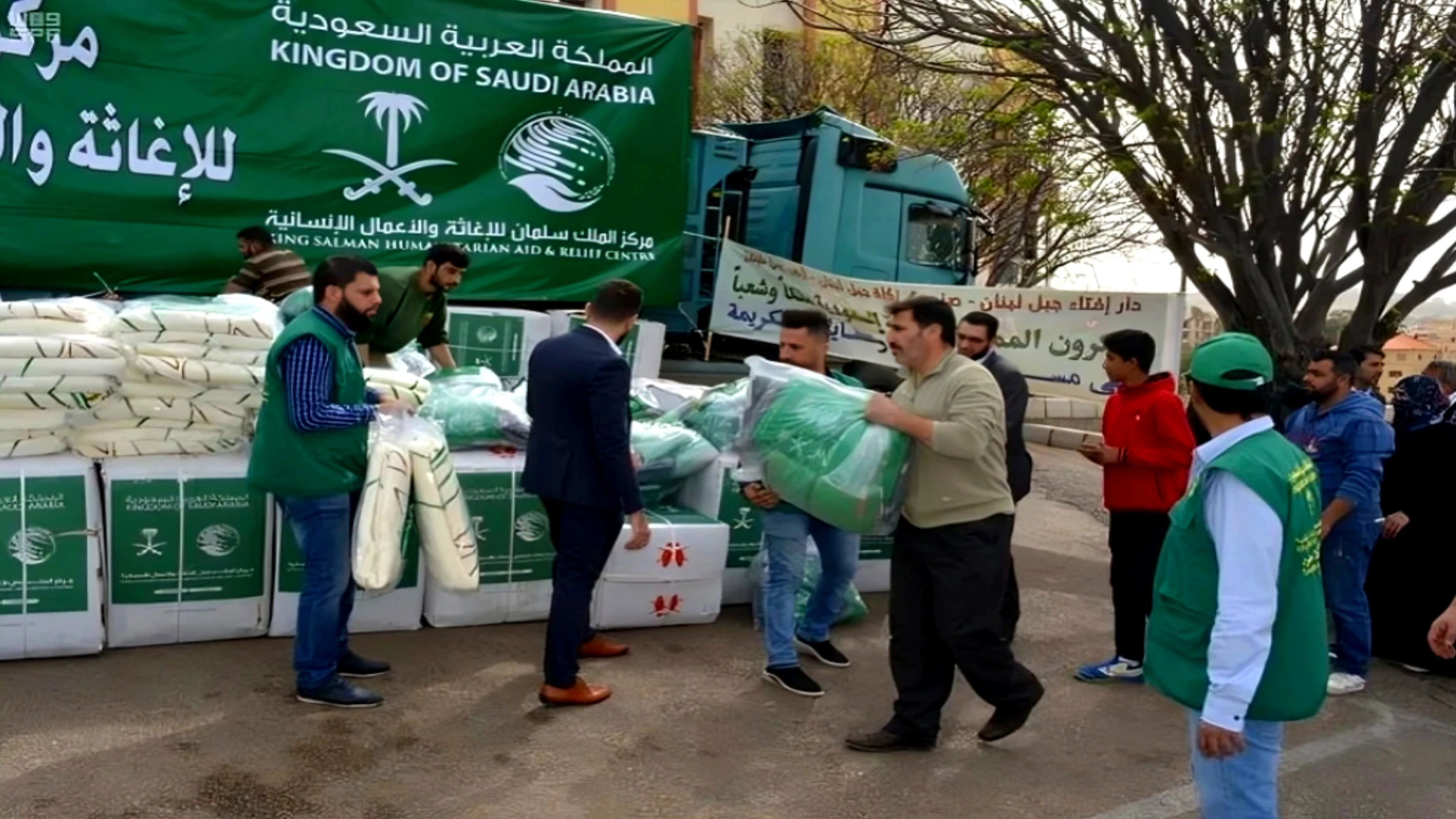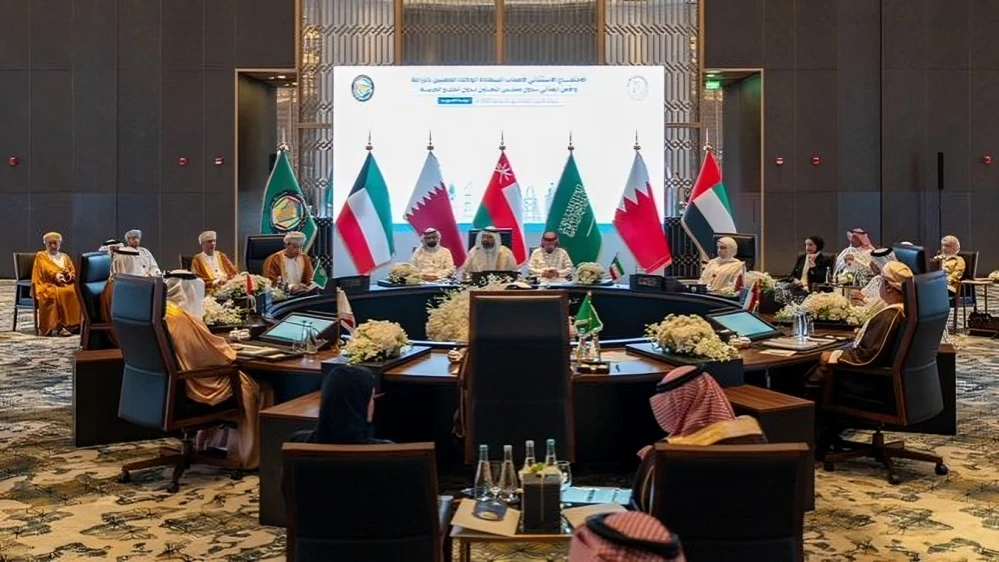Riyadh: Saudi Arabia’s Minister of Transport and Logistics, Eng. Saleh Al-Jasser, unveiled several new and expanded initiatives aimed at improving the comfort and safety of pilgrims during the Hajj season of 2025.
As Chairman of the Roads General Authority, Al-Jasser oversaw the launch of projects that include road cooling, flexible rubber pavements, environmental enhancements, and new accessibility measures for people with disabilities.
The Road Cooling Initiative, first introduced in 2023, has expanded by 82 percent this year, covering more than 84,000 square meters of roads in Arafat.
This project addresses the extreme heat retained by traditional pavements, which can reach up to 70°C during the day and release that heat at night, contributing to the “urban heat island effect.”
The initiative uses locally produced cool pavement materials that reflect more sunlight, reduce surface temperatures by about 12°C, and help lower energy consumption and pollution creating a more comfortable environment for pilgrims.
Also expanded was the Flexible Rubber Roads Initiative, which focuses on easing the walking experience, particularly for the elderly.
This year, the initiative grew by 33 percent, extending from Namirah Mosque to the Mashaer Train Station in Arafat and covering a total area of 16,000 square meters.
The rubberized asphalt softens the pavement, making it easier and safer for pedestrians. Trials by the Road Research Center confirmed its success in improving walkability.
Two new projects were also introduced this year. The first, focused on environmental improvement, involved planting trees and adding air mist technology along a 1,200-meter section of flexible road between Namirah Mosque and the train station.
Water fountains were installed to further enhance air quality and create a cooler, more pleasant space for pilgrims.
The second major initiative supports people with disabilities.
A dedicated 4,000-meter path has been built along the pedestrian route to Jabal al-Rahmah in Arafat, paved with cool, low-vibration materials to provide comfort and accessibility.
This step aligns with Vision 2030’s commitment to inclusivity and quality of life for all.
The Roads General Authority’s strategy aims to raise the quality of Saudi roads to the sixth-best globally and reduce road fatalities to fewer than five per 100,000 people by 2030. With over 73,000 kilometers of interconnected roads, the world’s largest such network, the sector continues to play a key role in supporting national development.
Eng. Al-Jasser noted that preparations for Hajj begin immediately after the previous season ends.
Over 7,400 kilometers of roadways connecting ports and holy sites have been maintained and refurbished.
He highlighted the Haramain High-Speed Railway as a major service backed by the Kingdom’s leadership to ensure smooth pilgrim transport.
Al-Jasser also mentioned ongoing private-sector initiatives, such as rubber paving and road cooling, which are expanding through the adoption of technologies like drone road inspections and advanced monitoring tools.
He expressed pride in the continuous development of transportation services, emphasizing that every year brings new technologies and solutions to better serve pilgrims.


